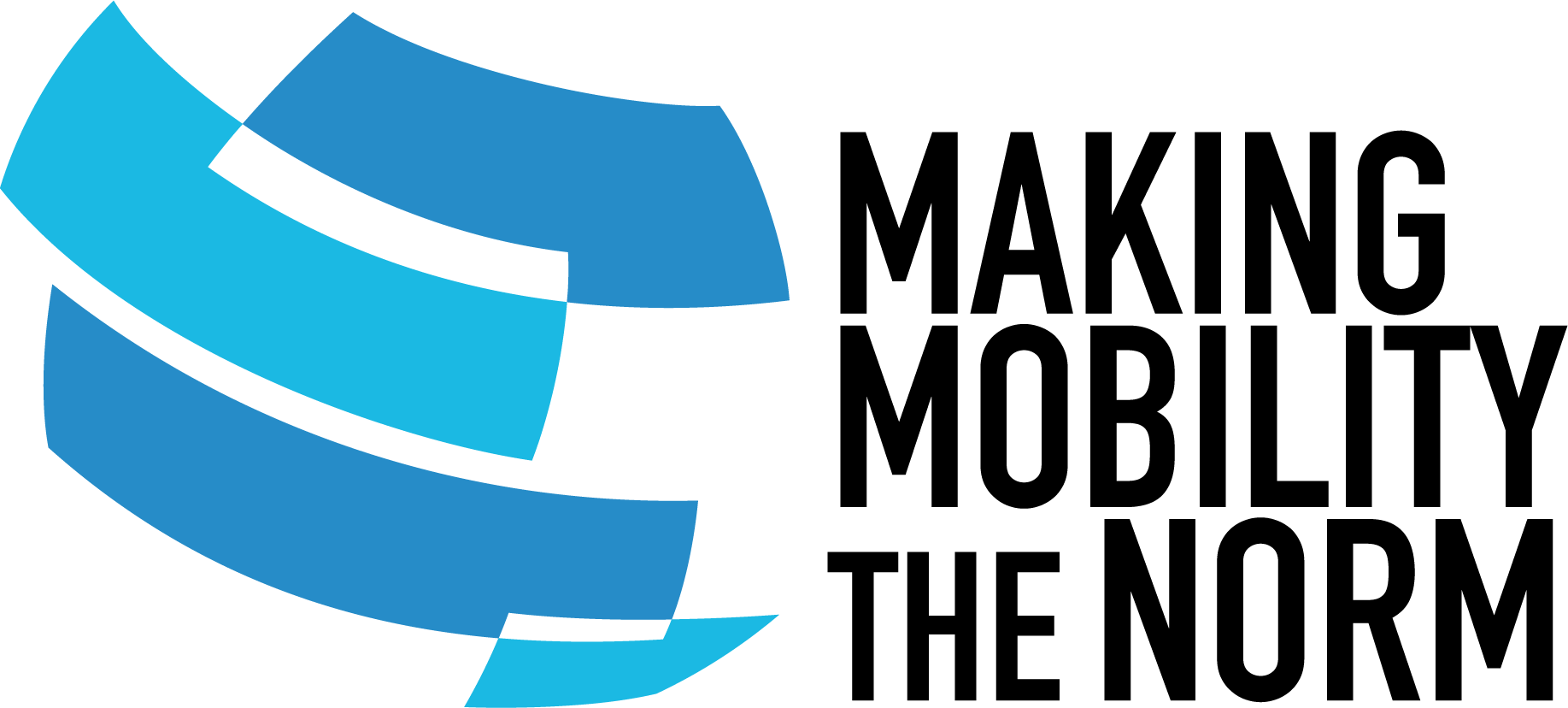Institution
Organizational Unit
Code
ΨΥ-431
ECTS
6
Language of instruction
Greek
Academic term
1/2
Title
ΣΥΜΒΟΥΛΕΥΤΙΚΗ ΨΥΧΟΛΟΓΙΑ el
COUNSELLING PSYCHOLOGY en
Description
The course is an introduction to the theory, research and practice of Counselling Psychology. More particularly, the course aims to (a) familiarise students with the theory, the methods and practices of counselling, (b) help students acquire basic counselling skills, and (c) to offer students the opportunity to develop their serf-awareness and professional identity as counselling psychologists. The course is divided in two sections, a theoretical one based on lectures and a practical one based on experiential learning and group exercises. The theoretical section covers the following topics: (a) the current identity of Counselling Psychology, both internationally and in Greece, (b) different forms of counselling in a variety of settings, (c) the person-centred theory of C. Rogers, (d) the role of theory and research in the field, (e) the role of counsellor as well as various critical issues for novice counsellors, (f) the stages of the first counselling session, (g) basic counselling skills, and (h) ethical issues. The practical section covers a series of experiential exercises which aim to develop self-awareness and skills as well as the professional identity of future counselling psychologists.
Learning outcomes
By the end of the course, students:
(a) will be aware of contemporary theory and research regarding counselling services,
(b) will be familiar with different kinds and ways of counselling in diverse settings and populations,
(c) will acquire basic counselling skills,
(d) will be aware of ethical issues during counselling, and finally,
(e) will develop their professional identity and self-awareness towards values, stereotypes and prejudices during counselling.
(a) will be aware of contemporary theory and research regarding counselling services,
(b) will be familiar with different kinds and ways of counselling in diverse settings and populations,
(c) will acquire basic counselling skills,
(d) will be aware of ethical issues during counselling, and finally,
(e) will develop their professional identity and self-awareness towards values, stereotypes and prejudices during counselling.
